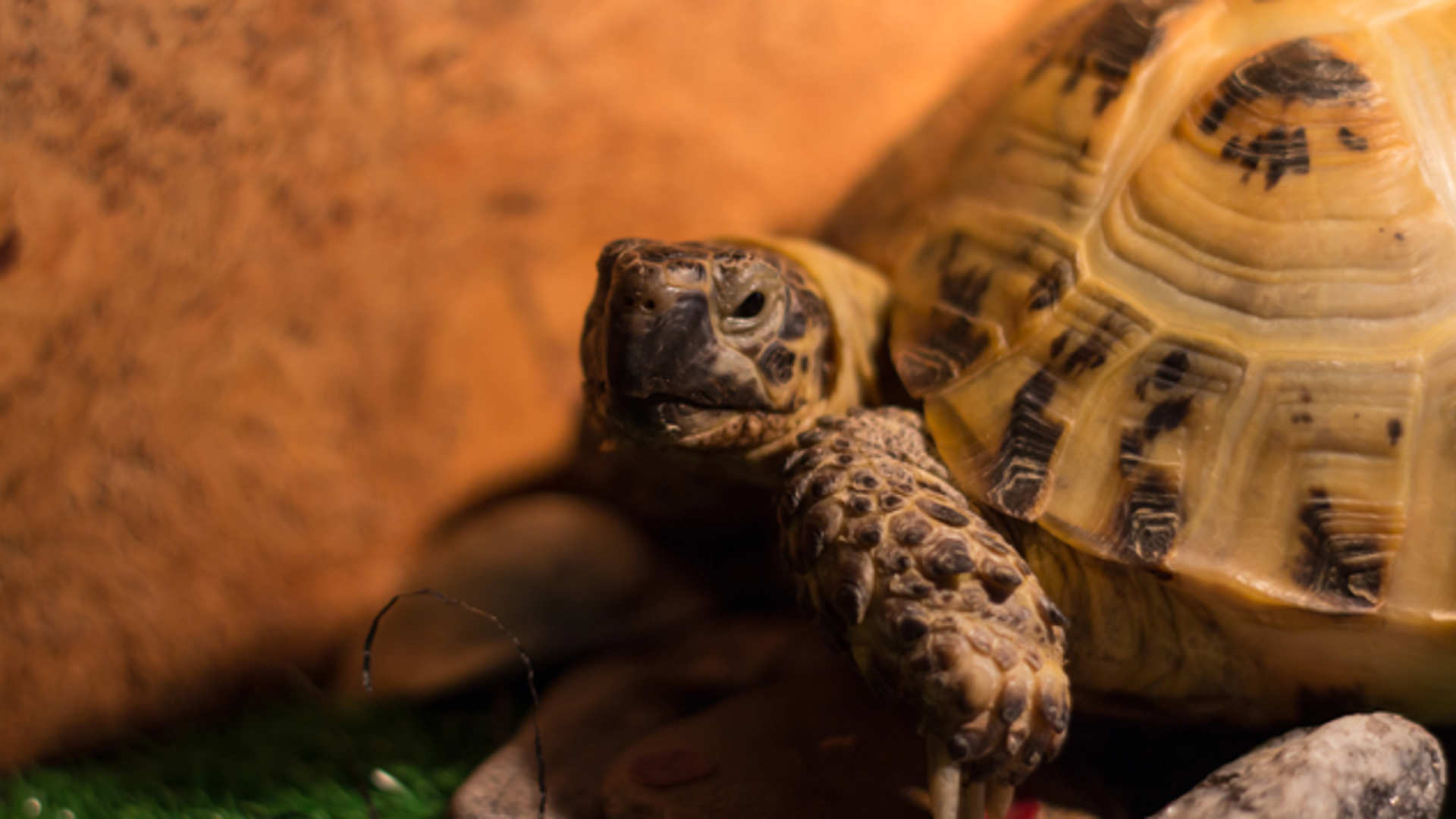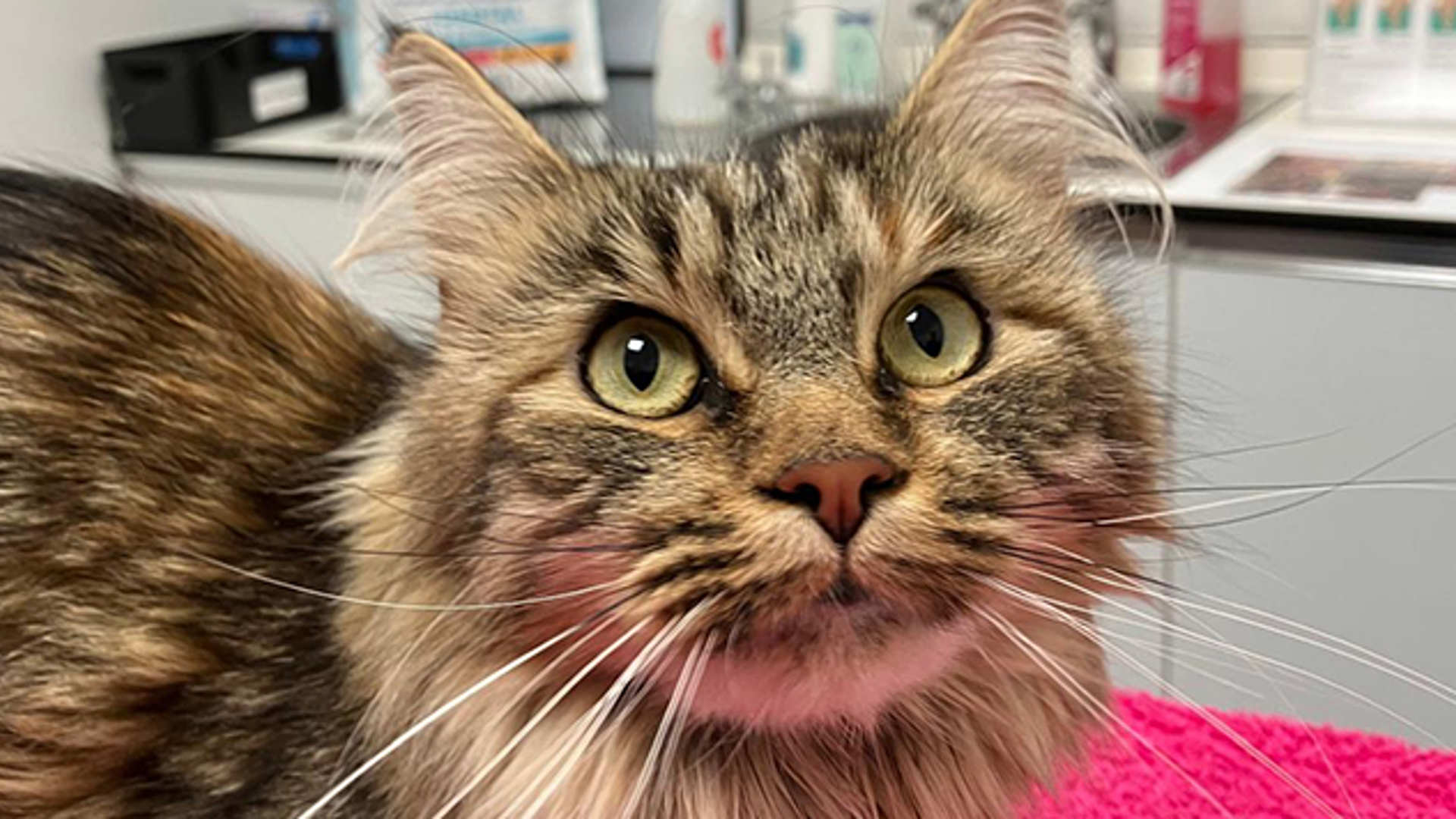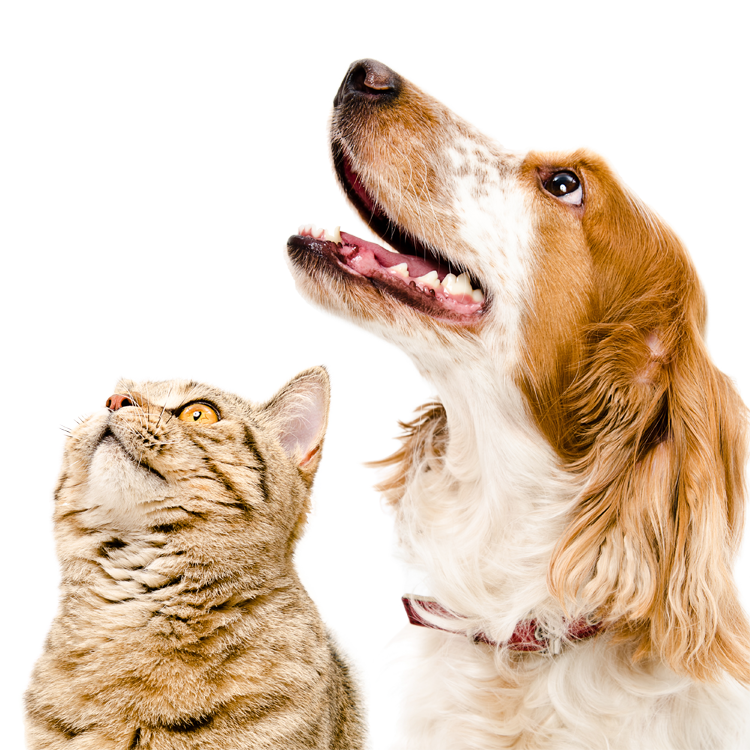
Welcome to Langford Vet Practice
We aim to provide the best possible care for your pets to ensure they are kept fit and healthy throughout their lives. Our practice offers a caring, family feel to ensure that you and your pet receive a personal and friendly service. We provide a 24/7 emergency service for clients and local practices, and there is ample parking outside the practice.
Pet Health Advice
Animal Insights
-

-

-
Hibernation
Tortoise Hibernation
Explore the fascinating world of tortoise hibernation and find valuable information on how to ensure the health and well-being of your pet during the winter season.

Frequently Asked Questions
Where is Langford Vet Practice located?
We're in a beautiful countryside location between Congresbury, Churchill and Wrington.
Our address is Langford Vet Practice, Langford, Bristol, BS40 5DU.
What do I do if you are closed in an emergency?
We provide an out of hour's service on site, for our clients and those from neighbouring practices 24 hours a day, 7 days a week. Simply call our normal number (01934 852 422) and you will be able to reach the duty vet.
When should I vaccinate my kitten?
The first vaccine is normally given at 8-9 weeks of age, a second 3-4 weeks later and a booster at around 12 months age.
Does my dog need vaccine boosters for the rest of their life?
In most cases vaccine protection will drop gradually following a booster and booster vaccines are recommended. The interval between vaccines does vary depending on the vaccine but also the lifestyle of your pet. We always try to provide individualised health advice so that you can choose the best option for you and your pet.
What services do you provide?
- Routine vaccinations
- Routine neutering
- 24/7 emergency service
- Around the clock care for sick patients
- Qualified nursing staff for advice
- Nurse run clinics
- Exotics vet on our team
- Puppy & kitten packages
- Dedicated theatre
- X-rays, CT, MRI and ultrasound
- Hydrotherapy & physiotherapy
- Appointment system
- Blood sampling & lab diagnostics
- Home visits
Can I pay my bill online?
Yes if this is the payment option you prefer, please see our payments page for more details.
My pet needs to be hospitalised, where will they stay?
Dogs:
Here at Langford Vet Practice, we have a variety of kennels where your dog can stay. The team provide your dog with suitable bedding, food and treatments depending on their needs.
Common reasons for your dog to stay in the practice:
- Stay for the day to have and recover from a surgical or medical procedure.
- Treatment for diarrhoea or vomiting. Many patients will need rehydrating with fluid therapy.
Cats:
When your cat needs to stay over for treatments or procedures, we have a dedicated cat ward with cages facing one direction, rather than facing one another which avoids visual contact and reduces the spread of potential respiratory infections.
Each cage has a litter tray, bed and box that enable your cat to hide and has a raised level for them to sit up high. These are important mechanisms to reduce stress during their stay.
Our staff are all trained in cat-friendly handling techniques, we use towels, cat dedicated equipment and examination rooms. If necessary, a sedation can be administered to minimise their stress.
Many cats are hospitalised in the practice if they are not eating, are vomiting or are having a surgical procedure or treatment for medical conditions e.g. diabetes or kidney disease.
Other pets:
In veterinary medicine animals are grouped in the following categories: Farm, Companion (cats & dogs) and Equine. All other animals are grouped together as exotics and commonly include rabbits, rodents, bird's reptiles, and fish.
Rabbits are the third most common pet in the UK and are routinely seen at the practice for preventative health care, such as vaccines, or treatment for a wide range of illnesses.
The practice has dedicated facilities for the care of prey species, to allow them to be safely hospitalised away from the smells, sights, and noises of predators.
Exotic animals are hospitalised for many reasons, common reason for them staying might be,
Rats having a lump removed,
Rabbits with gut stasis,
What is your Brucella canis policy?
Brucella canis is a reportable disease because there are potentially life changing consequences if human infection occurs. The risk of transmission to humans in day to day contact with a brucella infected dog is considered low. The risk to laboratory staff and veterinary staff is considered much higher due to possible contact with contaminated fluids or tissues, eg blood, urine and reproductive.
At Langford Vets we consider any pet that has been in a higher risk country or lives with such a dog, to be a "high risk". They will be considered High Risk until that dog has been away from any sources of infection for at least 3 months and has then had a negative test run at APHA.
High Risk patients are always handled with appropriate PPE. There may be a limit to some laboratory tests that can safely be carried out. Some tests may have to be sent to a specific laboratory to be safely handled, which can increase the cost of testing. In-house (patient side) blood and urine tests will not be possible as all samples must be sent to an appropriate laboratory. Additional costs for the extra safety measures may be applied during treatment.
What surgery can you offer?
Our Langford Vets Practice vets regularly perform a wide range of operations every day from routine neutering to fracture repairs and tumour removals. And they don't just stick to cats and dogs! Rabbits, guinea pigs, rats and other small mammals as well as the occasional fish, bird and reptile are operated on. We have even treated wildlife patients such as a hedgehogs.
What diagnostic imaging can you offer?
Langford Vet Practice are very lucky to have access to the state of the art diagnostic imaging facilities of the Small Animal Referral Hospital.
This means that if your pet needs an X-Ray, ultrasound, heart, MRI or CT scan they will be able to use our top of the range machines, ensuring fantastic quality images to assist their investigation.
It also means that if they encounter an unusual complaint, they have the back up of our specialists to help interpret their images at no extra cost.
I have found an injured wild animal, what should I do?
Please see our Wildlife Casualties web page for advice and information.
Stay in the know
-
Langford Vet Practice
Christmas Opening Hours and Medication Langford Vet Practice

-
Special Offer
Free January Pet Healthcheck for New Clients of Langford Vet Practice
Start 2026 off right with a FREE January pet health check for all new clients at Langford Vet Practice!

-
Event
Cat Dental Health Check Day - Oct 2025
We were delighted to welcome so many cats (and their owners!) to Langford Vet Practice, for our recent Cat Dental Health Check Day.











